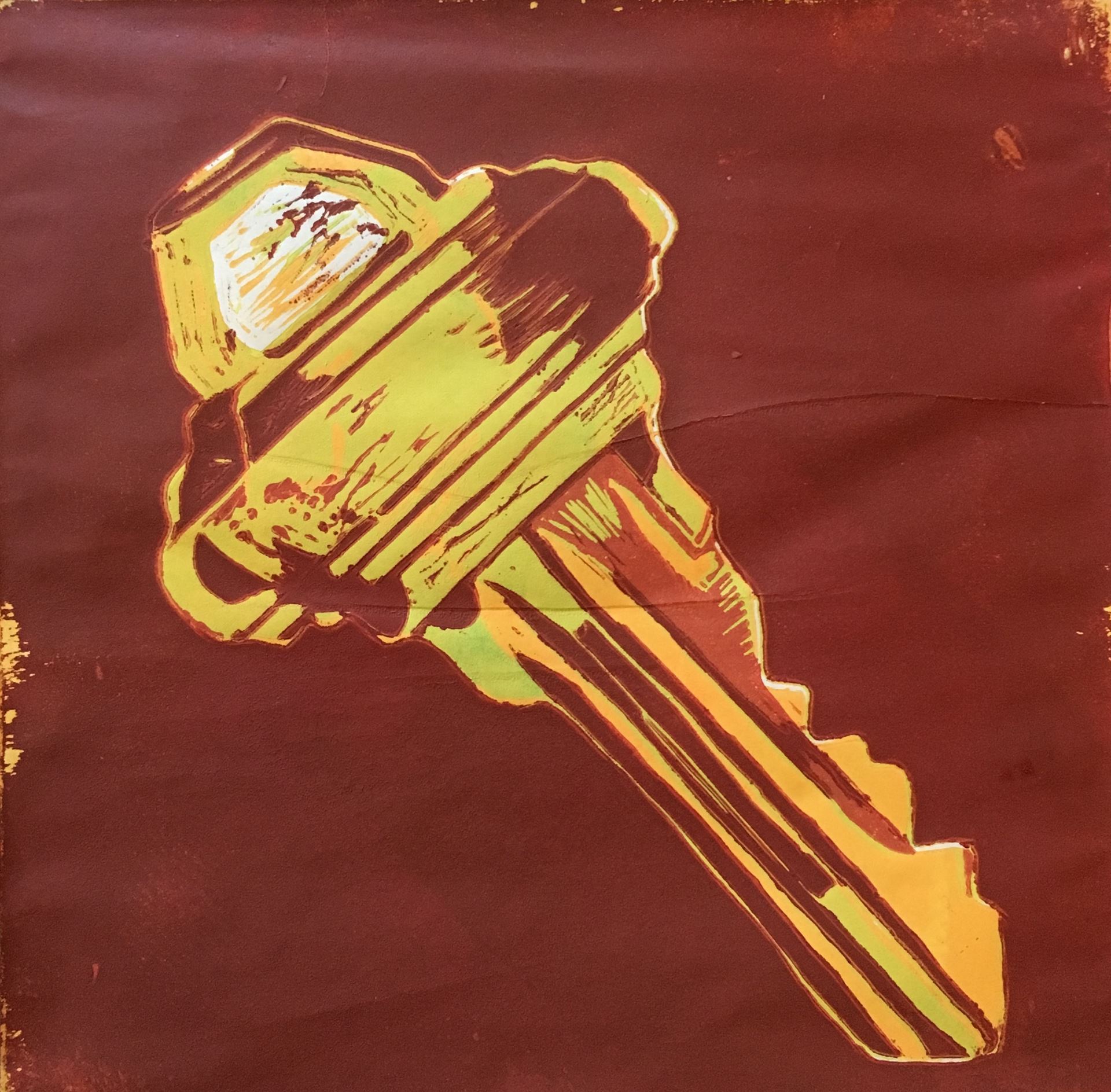IRPP
The Institute for Relational Psychoanalysis of Philadelphia

Child and Family Training
Clinical work with children has evolved radically in the recent decade. This program’s intent is to incorporate the contemporary advances into a relational psychoanalytic training model to meet the needs of our child patients and their families. The program builds a foundation with current views of child development informed by research (attachment, neuroscience, and infancy), as well as theoretical advances such as attachment and non-linear dynamic systems into psychoanalysis. This theoretical foundation will form a basis for technique that is centered on the medium of play and the importance of affect to the process of mentalization in work with parents and children.
With the program’s emphasis on multiple dimensions, consideration of the subjective positions of the parent (and other significant attachment figures) in relation to the child defines the complex movement in a child-centered treatment. Parental subjectivity is central to the conceptualization and treatment in a child relational model. As such, the secondary generational effects of trauma are given special emphasis in the training. The mechanisms of the transfer of trauma, as well as how to interrupt the transmission and create a more secure base for the child are core components of the curriculum.
We are not currently offering this training in this program but anticipate its return in the near future.

